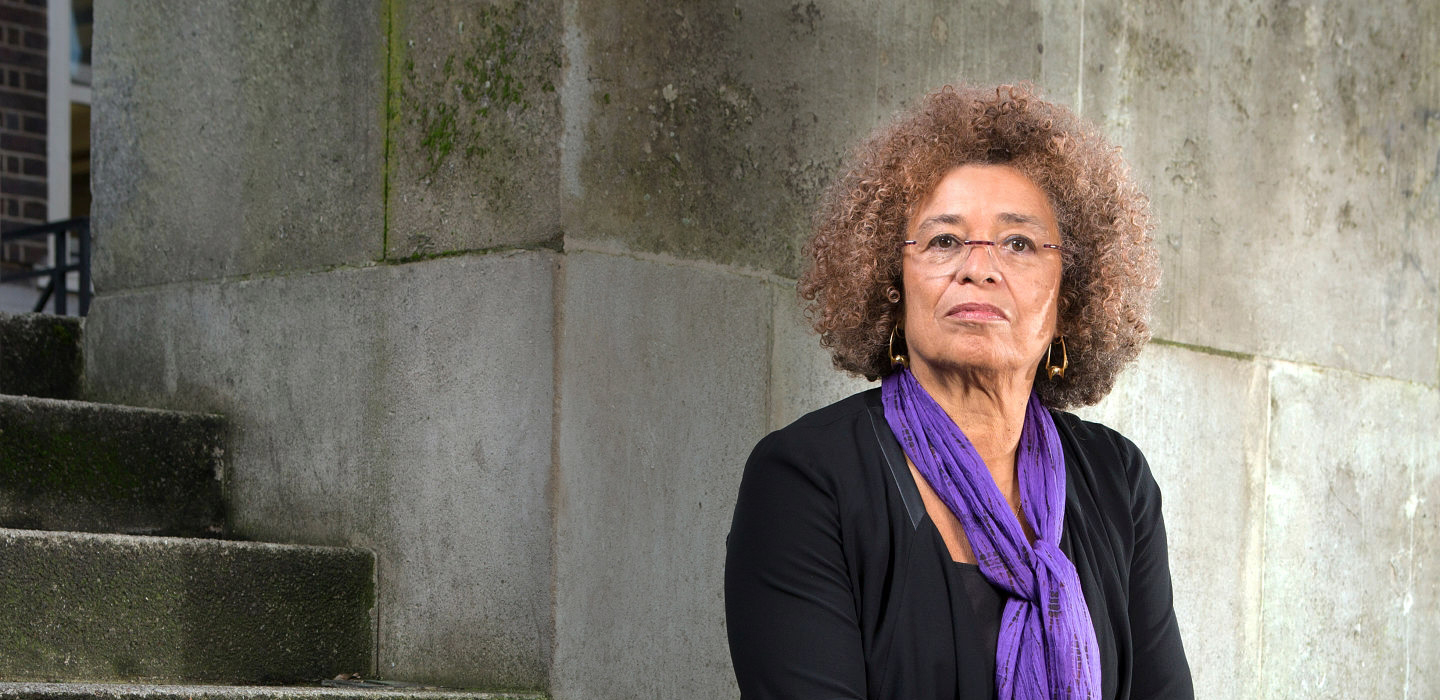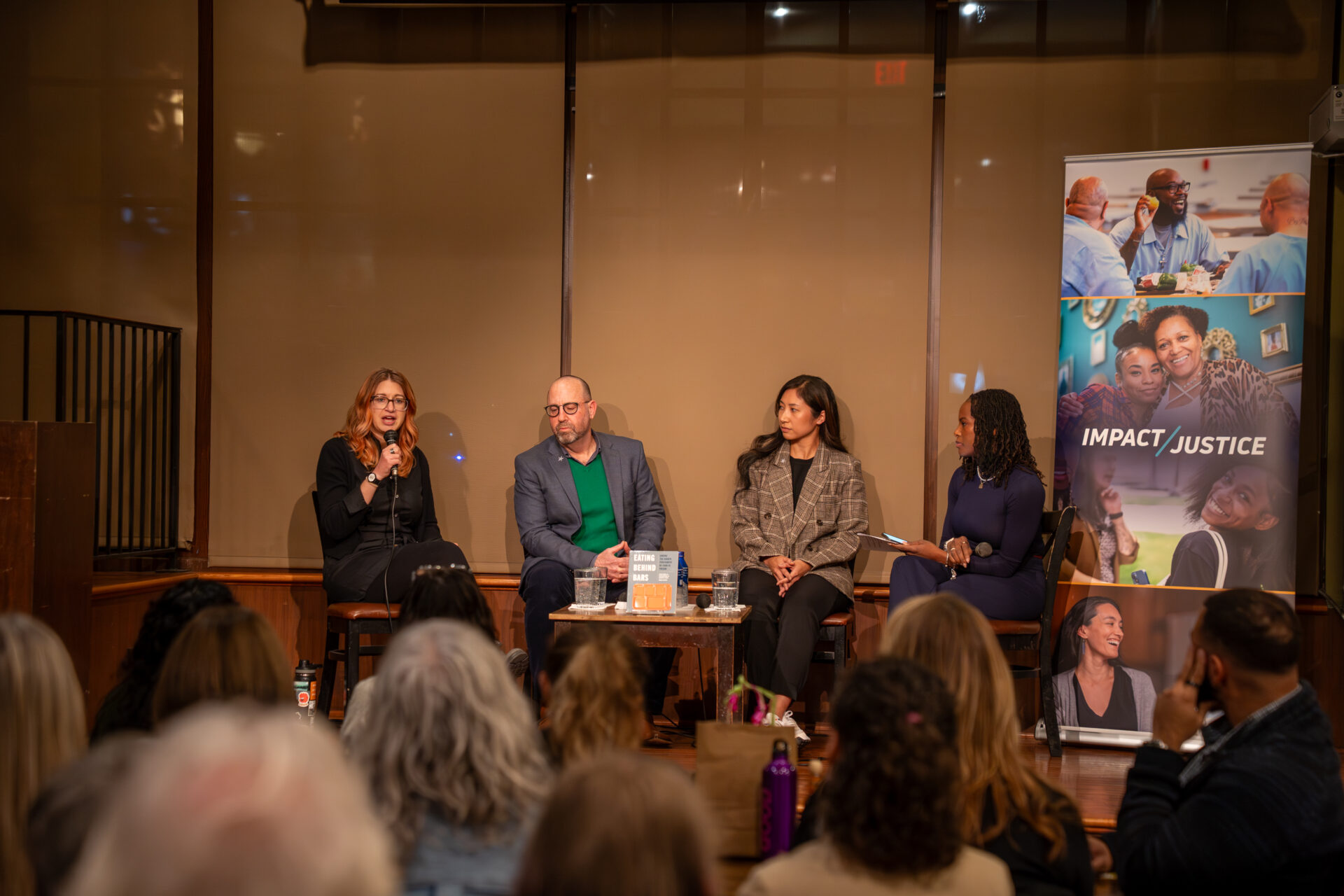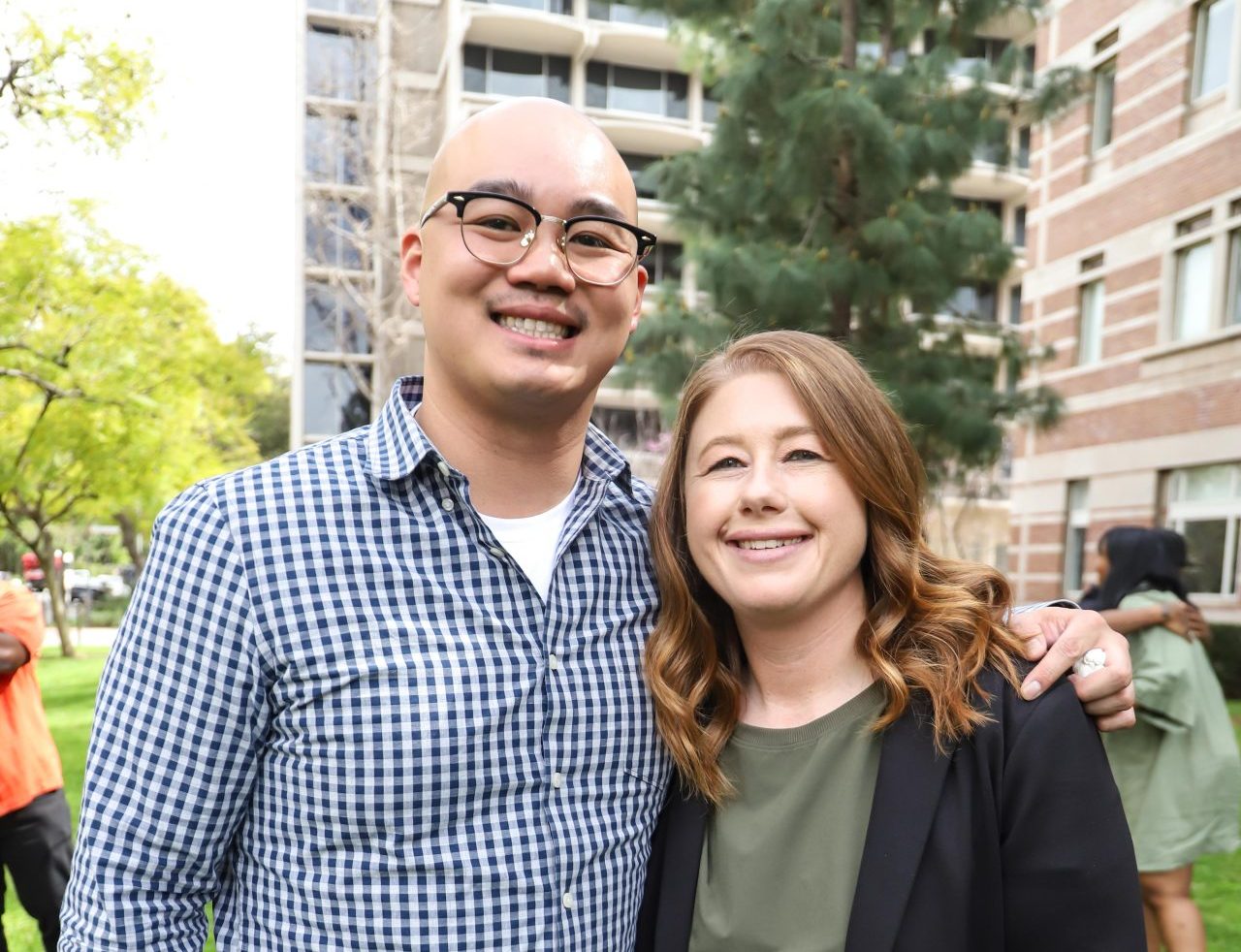Prisons do not disappear social problems, they disappear human beings. Homelessness, unemployment, drug addiction, mental illness, and illiteracy are only a few of the problems that disappear from public view when the human beings contending with them are relegated to cages.
Angela Davis
In observing Women’s History Month, we want to name the fact that women of color have often been invisibilized by traditional feminist movements and yet they have stood at the forefront of many social justice struggles. It is for this reason we celebrate women like Angela Davis, who has been a critical leader in the intersectional feminism and prison abolitionist movements.
Davis helps us understand we cannot hold individuals accountable for their actions without also holding accountable the systems and societal structures that have raised, shaped, and oppressed them. At Impact Justice, we recognize we are able to advance efforts to create a more humane system of justice in the United States by building upon her lifelong work of fighting for the liberation of all marginalized people.
As a world-renowned scholar and activist, Davis’ profundity teaches us to leverage the wisdom, beauty, and resources of our communities. We are doing so in order to create spaces to help each other heal; revolutionize the way we think about harm and the environments in which we address it; and support people recovering from the physical and emotional violence inflicted by existing, punitive institutions.
It is only by learning from women like Davis that we believe it is possible, as she states, to radically transform the world. We work to do so by “grasping problems at the root” rather than acquiescing to the all-too-common practice of throwing people away. It is only through this approach that we will ever truly “disturb the whole racist edifice” of the criminal legal system.



